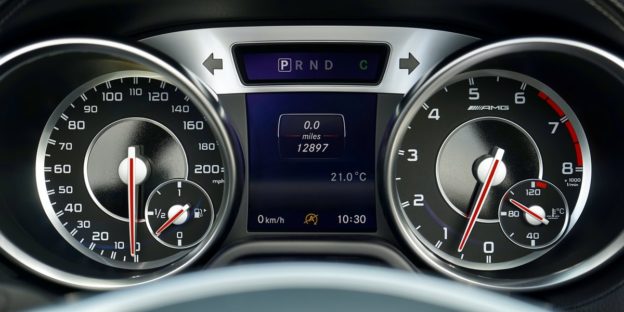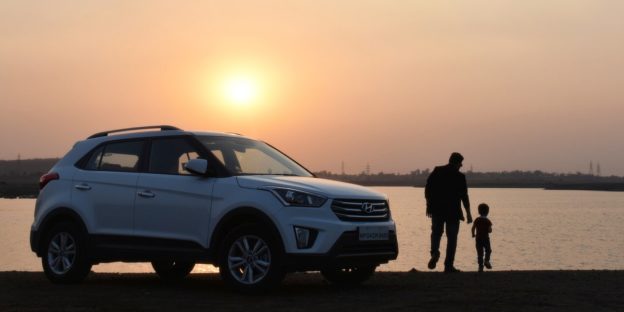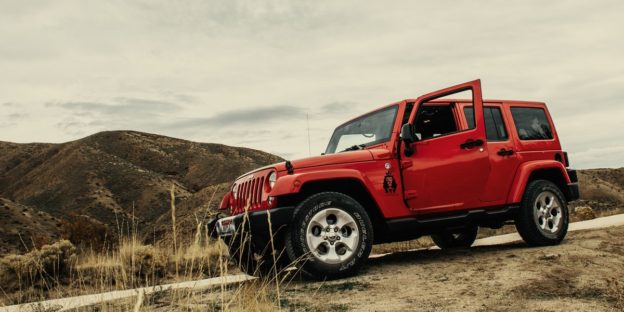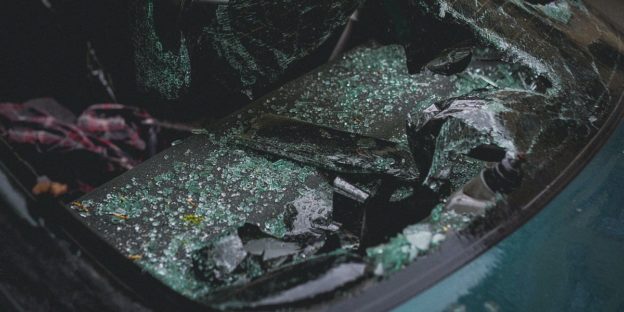Auto auctions allow buyers to purchase used vehicles through a bidding process. This usually ends up being a lot less than what a dealership would charge. Not all auctions are open to the public, but some are. To find auctions in your area, you’ll have to do some research. Auctions are available both in-person and online, allowing you to choose the method of shopping you prefer.
While auto auctions can turn up a great deal, there’s also the risk of buying a beater car. Below are four things to know about buying a used or repossessed car at an auction.
1. Pick the Right Auction
Both brick-and-mortar and online auctions are available. Some say that the best deals can be found in person, though shopping online is more convenient. It really depends on how you prefer to shop. You can usually shop at auctions for free, but prepare to pay some type of fee to make a bid whether it’s online or in person.
Another thing to watch for is public vs dealer auctions. Public or open auctions are available to the public. Dealer auctions are only open to those who hold a dealer’s license. Unless you work at a dealership, you probably don’t have a dealer’s license.
2. Determine Your Risk
Many people use the “stoplight system” when shopping at auctions. This system helps buyers assess their risk and compare it to the price of the vehicle.
- A “green light” means that the vehicle is free from any known defects. Arbitration may be possible if severe problems turn up.
- A “yellow light” indicates that the car has some issues. However, arbitration is not an option.
- A “red light” is sold as-is. Repossessions are essentially “red light” cars because you purchase them in their current condition.
3. Know How to Bid
It’s easy to cave and bid more than you should on a car you really want, especially if there is other interest available. But there are many factors that will influence whether or not you get the car, so only bid what you are comfortable paying. You also want to leave money in your budget to take care of any problems that turn up.
To help with this, it’s best to bring along someone who knows about cars. They can help determine the best bid to make, preventing you from over-bidding on cars that aren’t worth it and under-bidding on those that are a great deal.
4. Inspect the Vehicle
Cars sold at auctions are rarely available for test drive. So, you’ll have to rely on your knowledge to assess its condition and value. There are a number of resources you can use online such as Kelley Blue Book, CarConsumers.org and Nada Values. These guides can give you the confidence you need to identify the best vehicles and make an accurate but reasonable bid.
RepoFinder has a great selection of repossessed cars, trucks, SUVs, motorcycles and recreational vehicles. View our database for free and find repos in your area. If you want more features, consider upgrading your account to RepoFinder Pro for just $4.95 a month – cancel anytime!











